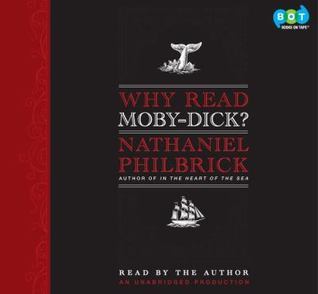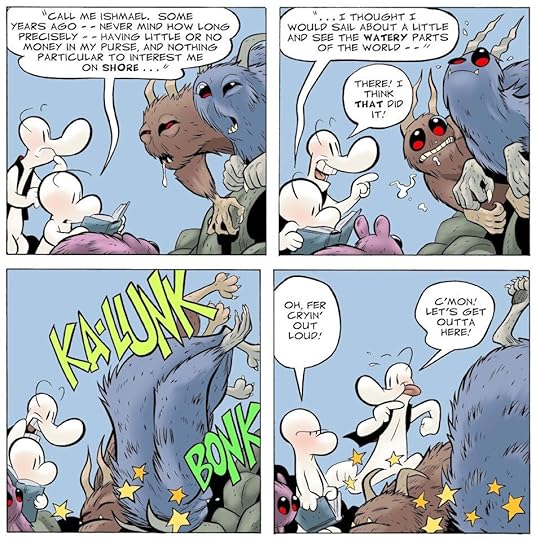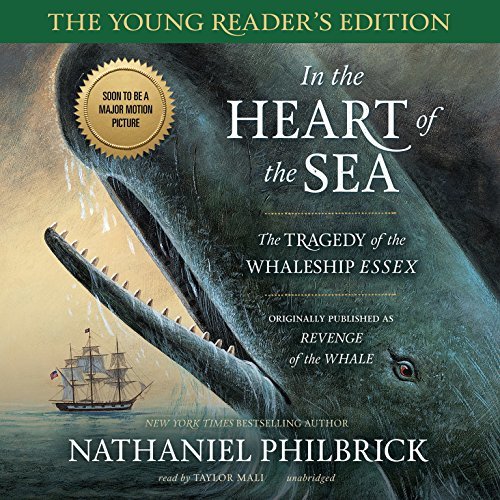What do you think?
Rate this book


Audio CD
First published October 20, 2010



It is only amid the terrifying vastness of the sea that man can confront the ultimate truths of his existence: all deep, earnest thinking is but the intrepid effort of the soul to keep the open independence of her sea, for in landlessness alone resides the highest truth, shoreless, indefinite as God.Hawthorne commented that Melville could neither believe nor disbelieve in God, suggesting that he was "too honest & courageous not to try to do one or the other." His contemporary & fellow author felt that if Melville had been a religious man, "he would have been truly religious & reverential, for he has a very high & noble nature & is better worth immortality than most of us."

Doubts of all things earthly & intuitions of some things heavenly; this combination makes a man neither believer nor infidel, but makes a man who regards them both with equal eye.And as Nathaniel Philbrick puts it, "This redemptive mixture of skepticism & hope, this genial stoicism in the face of a short, ridiculous & irrational life, is why I read Moby Dick". How very aptly stated & with a similar brand of enthusiasm, I highly recommend both Melville's masterwork & also Philbrick's fine companion to it, Why Read Moby-Dick?
Reading Shakespeare we know what it is like in any age to be alive. So it is with Moby-Dick, a novel about a whaling voyage to the Pacific that is also about America racing hell bent toward the Civil War and so much more. Contained in the pages of Moby-Dick is nothing less than the genetic code of America—all the promises, problems, conflicts, and ideals that contributed to the outbreak of a revolution in 1775, as well as a Civil War in 1861, and continued to drive this country's march into the future.The author in this book provides a credible case for defending the lofty claims put forth in the above quotation. The irony is that when Moby-Dick was first published in the fall of 1851 virtually no one seems to have taken much notice. It wasn't until after World War I that the novel's significance was widely recognized.
This means that whenever a new crisis grips this country, Moby-Dick becomes newly important. It is why subsequent generations have seen Ahab as Hitler during World War II, or as a profit crazed deep drilling oil company in 2010, or as a power crazed Middle Eastern dictator in 2011.
"What Moby-Dick needed it turned out was space, the distance that was required for its themes and images to resonate unfettered by the turmoil and passions that inspired them. Once free of its own historical moment Moby-Dick became the seemingly timeless source of meaning that it is today."The following is a link to some additional quotations from this book:
"Thinking is, or ought to be," says Ahab, "a coolness and a calmness; and our poor hearts throb, and our poor brains beat too much for that." Philbrick fails here at coolness - and, sadly, unlike Ahab he lacks the ability to draw us into the beat of his monomania.